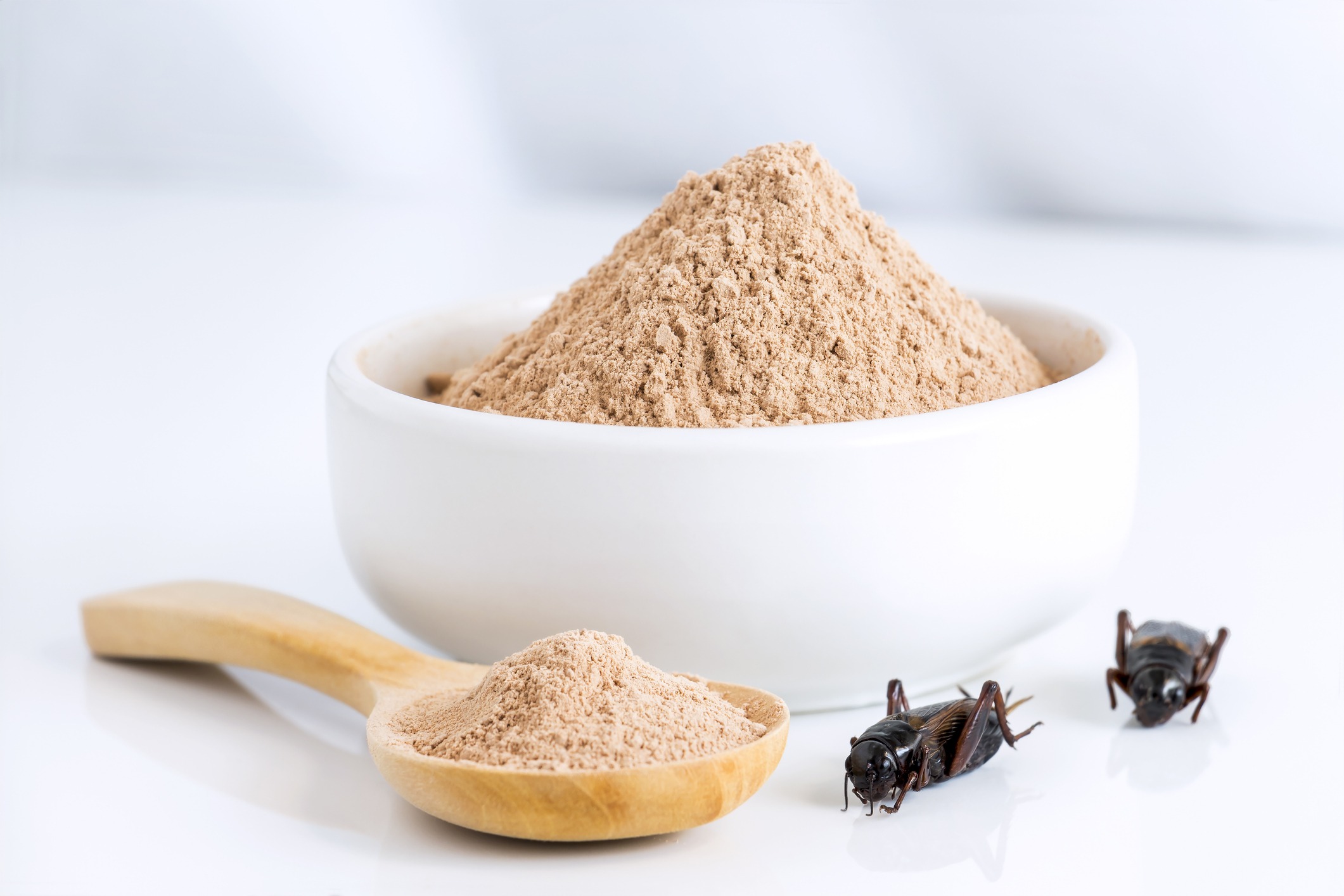Malaysian edible cricket farmer and roaster Ento has secured a seed round, led by Singapore-based VC firm Rapzo Capital. Ento’s Founder & CEO Kevin Wu told AFN that the capital will be used to power the company’s expansion into Singapore, Indonesia and Thailand over the next 12 months. The round was oversubscribed.
| Ento’s Seed Round: All you need to know
|
Although Wu did not disclose the amount of funding Ento raised, he called it “sufficient” for its plans to augment production capacity from its current farm in the Malaysian capital, Kuala Lumpur. Ento also plans to expand its product line. That means we can expect to be munching on Ento cricket granola protein bites and cricket chips by 2020.
I will be reviewing Ento’s crickets in a new AFN column called What The Fork!
Stay tuned for that. In the meantime, check out my fellow reporter Richard Martyn-Hemphill’s tongue-in-cheek write-up on Robo-Made Octopus Balls.
Watch out, Beyond Meat. The Malaysian artisanal cricket roaster is also set to disrupt the alt-meat sector in Asia with its own burger patty, set to be released within the next year. But what sets Ento’s offering apart from the rest of the crowd is that it’ll probably be better for your health (we hope you’re happy, Whole Foods CEO John Mackey).
“Consumers will have lots to choose from. Not just traditional burgers, but also insect burgers. Why not? The difference here is that we are all-natural and don’t use processed ingredients. There will be nothing synthetic about our burger patties. We’ll keep them as natural as possible,” Wu told AFN, in a WhatsApp phone interview.
Ento crickets, which will make up the bulk of the party, contain only 65 kcals per serving, with six grams of fat, whilst providing 27% of your daily protein intake, according to its website. Meanwhile, a Beyond Meat patty contains 20 grams of fat. And a quarter of it is the saturated kind.
From a local cold shoulder to a red hot reception
Wu told us that Ento’s three-month seed round journey started off rocky with the reception from Malaysian and Australian investors comparable to… chirping crickets (pardon the pun) as it was ‘too early stage.’
“We started off fundraising in Malaysia, but response and appetite for insect protein investment was pretty low,” he said. But after waiting a month to no avail, Wu looked south of the border for opportunities and found much stronger demand.
“We had to turn away multiple investors in Singapore as we received so much interest, and we were oversubscribed; we maxed out our targets. Many high net worth individuals expressed interest, but we had to close our round,” Wu said.
This reaction comes as no surprise to us at AFN. Venture funding activity in the Lion City has ballooned by over 1,200% in the last six years to $10.5 billion in 2018, from just under a billion in 2012. Singapore hosts a network of over 150 VC funds, as well as some 100 active incubators and accelerators. Temasek Holdings, Singapore’s state investment firm, told AFN that they have invested some $5 billion in the broader agri-foodtech sector in the last five years.
And that’s how Ento met Rapzo, the VC firm that Wu describes as a great springboard into the city state’s economy for the company.
“We can enter the Singapore market and have a bit more international exposure, which is much more than we would have got if we had gone with just Malaysian investors. This gives us that bit more international exposure,” he said. Looking ahead, Wu said he’s looking to do another fundraising ‘after 12 months.’ He has lofty expectations for Ento, hoping to use the next round of capital to build the largest cricket farm in the world.
Getting Ento’s crickets to jump over-regulation
But here’s a stumbling block Ento has to overcome. Although the sale of insects for human consumption is allowed in Southeast Asian countries like Thailand, Cambodia and Vietnam, the regulatory bodies of more bug-conservative countries, like Singapore, have yet to budge.
“The SFA has yet to allow the import of insects as food for human consumption. Various food safety issues may be associated with the consumption of insects, and SFA will assess if it is safe for consumption before import or sale is allowed,” says the agency. Wu, however, appears confident he has a case.
“It may be tricky to start discussions with the Singapore authority. But if [selling crickets for human consumption] is legal in the US and Europe, we can use them as case studies to convince the Singapore government that this is viable and this is safe, beneficial for the environment. The food market is always looking for new alternative proteins.”
That obstacle aside, Wu is particularly bullish on Thailand, due to ‘strong-rooted culture of people consuming insects,’ testament to its established market for entomophagy — that’s science talk for the consumption of insects. One can even pick up a pack of barbecue-flavored silkworms at a 7-11! As for Indonesia, Wu said he’s still scratching his head on how he could enter that market.
“It’s an interesting market because it’s home to a huge population. And every region has different eating cultures and patterns.”
Check out my previous piece on why insect-based protein sprouting wings in Asia, here.
Are you a startup revolutionizing the alt-protein sector? Drop me an email at [email protected]. I’d love to find out more.





